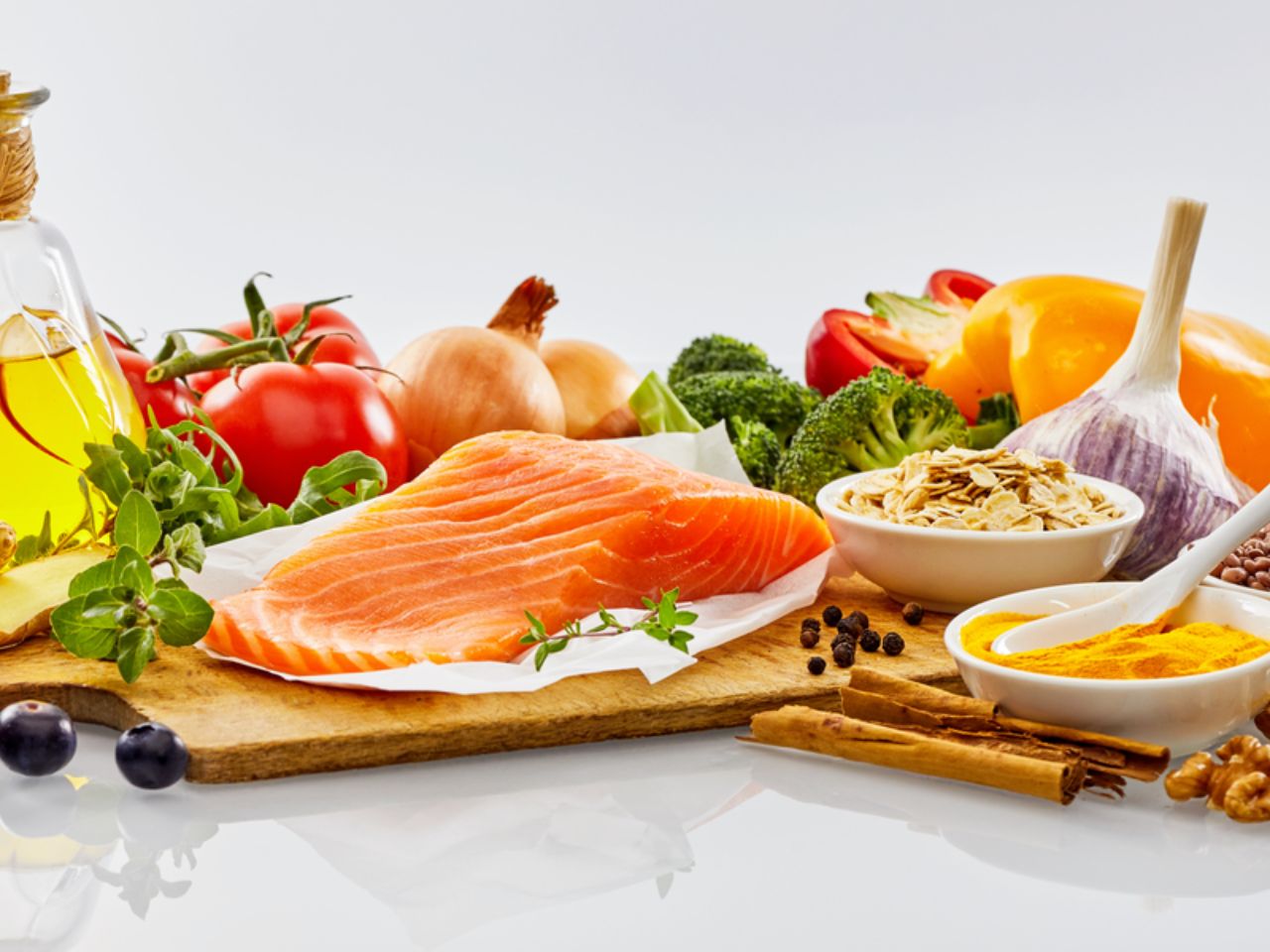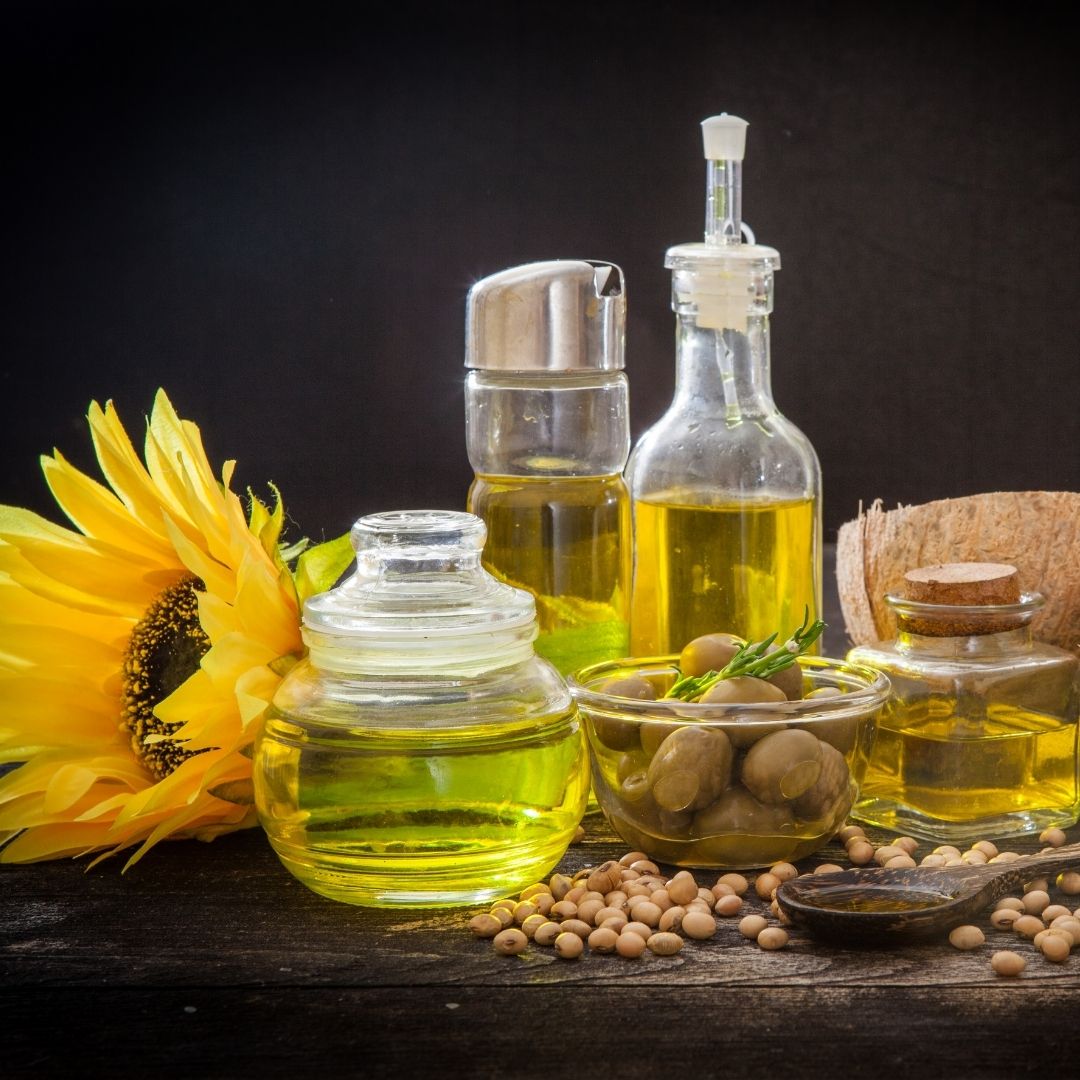10 Facts About Fats
Cholesterol, bad fats, healthy fats, and essential fats.
Fat Facts
There are good and bad fats. There are also essential fats for good health. Find out the important fat facts.
Fats
Fat performs many functions within our bodies. There are harmful fats, good fats, and fats that are essential. Read our top 10 facts about fats.

10 Fat Facts
1. Fat is Vital for Health
Fat is vital to be healthy. You need some fat for energy, to protect your body’s organs, for healthy cells and to provide essential nutrients. A problem only arises when you choose bad fats, which can contribute to lead to plaque build-up and heart disease.
2. Absorb Fat Soluble Vitamins
You need fat to absorb vitamins. There are fat soluble vitamins, but you might not know that eating fat in moderation (you only need a small amount) with your meals helps your body to absorb the fat soluble Vitamins A, D, E and K, which are vital to good health.
3. Fats are High in Calories
All fats, good and bad are high in calories. Weight for weight, fat provides more than twice the amount of usable energy than carbohydrates or protein. You’ll find 9 calories in every gram of fat. Moderate consumption of good fats is key.
4. Importance of Cholesterol
Cholesterol is important. It is needed to make Vitamin D, some hormones, build cell walls and make bile salts to help digest fat. However, high cholesterol is too much cholesterol in the blood. It can contribute to plaque building up on the artery walls, and therefore, contribute to heart disease.
5. Saturated fats Increases Cholesterol Levels
Too much saturated fat can increase cholesterol. Saturated fats are found in an array of foods such as cakes, pastries, butter hard margarine, cheese and fatty meat. Limiting these foods, which are high in saturated fats is the best way to help improve your health and cholesterol levels.
6. Trans Fat Contribute to High Cholesterol
Trans fat (the ugly) can actually increase LDL (bad) cholesterol. Not only can trans fats increase LDL (bad) cholesterol, they also decrease HDL (good) cholesterol, further contributing to high cholesterol. The best way to avoid trans fats is to limit foods with hydrogenated or partially hydrogenated oils, which can be found in many processed foods such as cakes, pastries, biscuits and deep fried foods.
7. Meat
You do not need to cut out meat for a healthy cholesterol. Meat is an important source of iron, which you need for healthy blood. Choose lean cuts of meat, lean mince and use low fat cooking methods like boiling, grilling or oven baking. Try to include a vegetarian meal and couple of meals with fish to limit your intake overall.
8. Good Fats
There are good fats. These good fats such as monounsaturated fat help reduce LDL (bad) cholesterol. Replace some bad fats in your diet with good fats.
Foods to include:
- Olive Oil,
- Rapeseed oil,
- Coconut oil,
- Avocado, seeds
- Cashew nuts, almonds and walnuts.
9. Essential Fats
Some fats are even essential! Essential Fatty Acids or polyunsaturated fats are a family of fats which are required by the body for many functions. Your body cannot make them, so you have to get them from the food you eat or supplementation.
Omega 3 is found in oily fish such as salmon, mackerel, trout, herring and sardines
Omega 6 is found in vegetable oils such as sunflower, safflower, soya bean, corn and sesame oils.
10. Healthy Heart with Omega-3
Keep your heart healthy with Omega-3. It helps keep your heart healthy by reducing triglycerides in the blood. Triglycerides are a type of fat and risk factor for heart disease and stroke. Omega-3 also helps to prevent the blood from clotting, has a positive effect on blood pressure, helps regulate the rhythm of the heartbeat, and assists in keeping the lining of the blood vessels healthy and working well.

